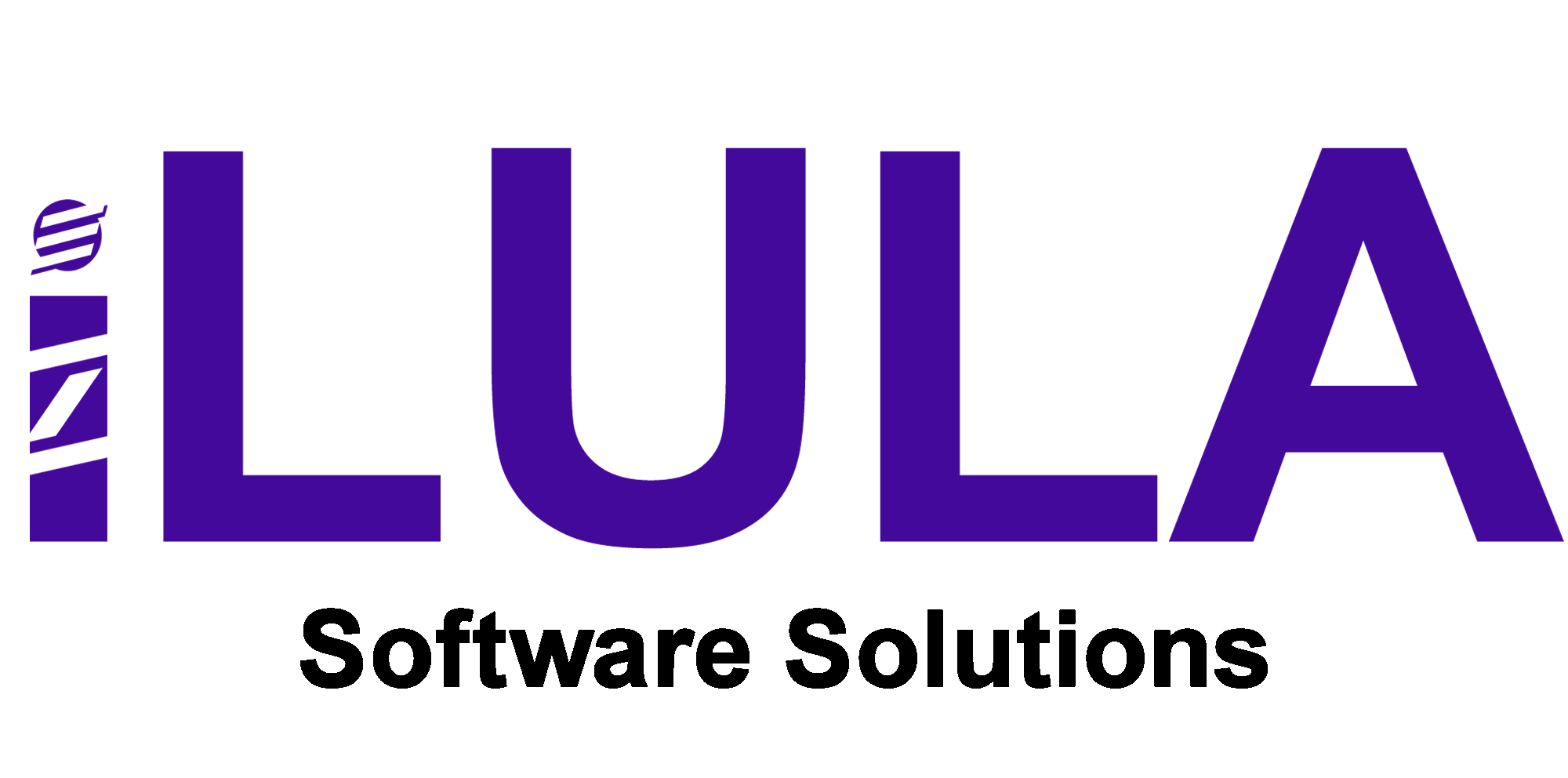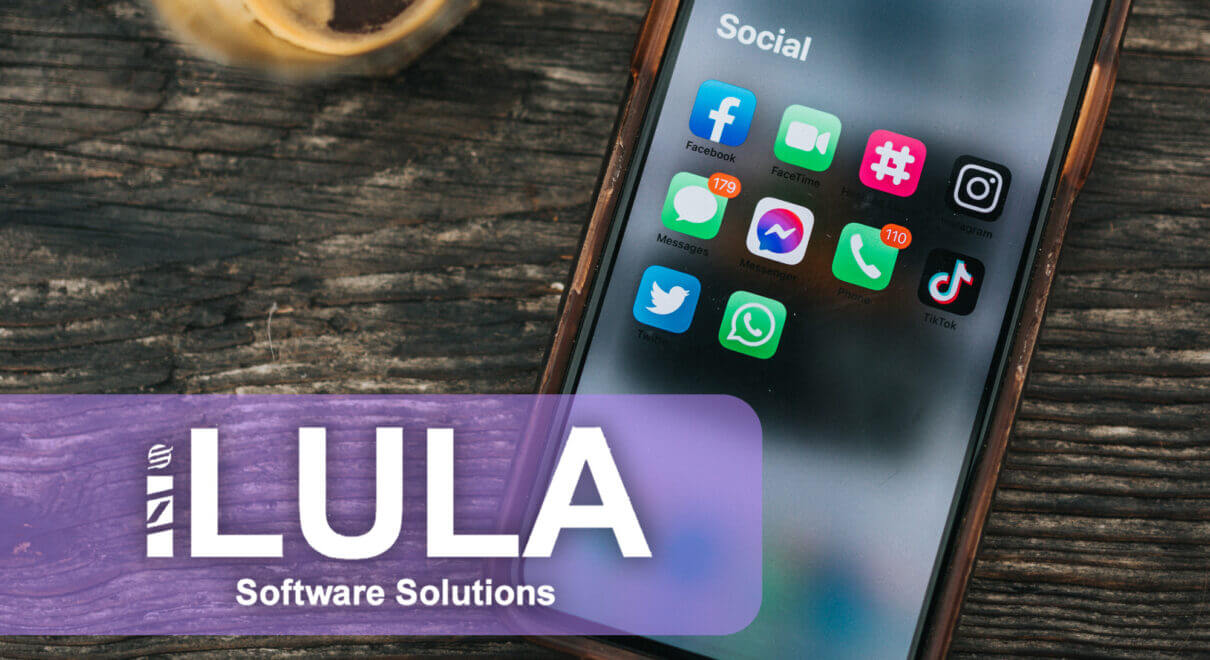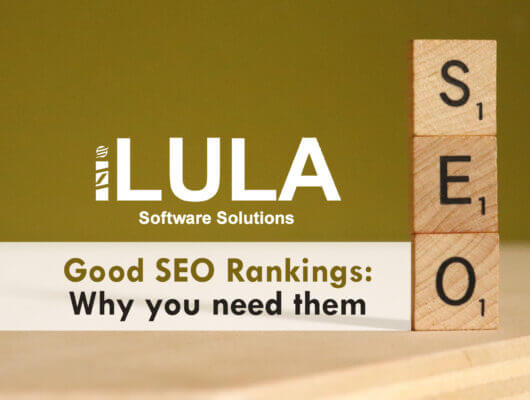Social media has revolutionized the way businesses operate and advertise.
With an estimated 4.2 billion social media users worldwide, social media platforms provide businesses with an unprecedented reach to customers and an opportunity to establish their brand presence. With so many social media platforms available, it can be challenging to determine which platform is best suited for your business. In this article, we will compare the top social media platforms for businesses, allowing you to make an informed decision on which platform to invest in for your business.

1. Facebook
With over 2.8 billion monthly active users, Facebook is the largest social media platform globally. Facebook is a versatile platform that allows businesses to create a business page, post content, engage with customers through comments and direct messages, and run paid advertising campaigns. Facebook’s algorithm prioritizes content from friends and family, meaning that businesses need to create high-quality, engaging content to reach their audience.
2. Instagram
Instagram is a photo and video-sharing social media platform that has become increasingly popular in recent years. With over 1 billion monthly active users, Instagram is an excellent platform for businesses to showcase their products or services visually. Instagram’s algorithm prioritizes content with high engagement rates, meaning that businesses need to create visually appealing and engaging content to succeed on the platform. Instagram also offers paid advertising opportunities, allowing businesses to reach their target audience more effectively.
3. Twitter
Twitter is a microblogging platform that allows users to share short messages or tweets. With over 192 million daily active users, Twitter is an excellent platform for businesses to share news, updates, and engage with customers. Twitter’s algorithm prioritizes real-time content, meaning that businesses need to be active on the platform to reach their audience effectively. Twitter also offers paid advertising opportunities, allowing businesses to target specific audiences with promoted tweets.
4. LinkedIn
LinkedIn is a professional social media platform that connects individuals and businesses. With over 740 million members, LinkedIn is an excellent platform for B2B businesses and professionals to network, share industry news, and establish their brand presence. LinkedIn’s algorithm prioritizes content from connections and industry experts, meaning that businesses need to create high-quality, relevant content to reach their audience effectively. LinkedIn also offers paid advertising opportunities, allowing businesses to target specific audiences with sponsored content.
5. TikTok
TikTok is a video-sharing social media platform that has become increasingly popular in recent years. With over 1 billion monthly active users, TikTok is an excellent platform for businesses to create engaging, short-form video content. TikTok’s algorithm prioritizes content with high engagement rates, meaning that businesses need to create visually appealing and engaging content to succeed on the platform. TikTok also offers paid advertising opportunities, allowing businesses to target specific audiences with promoted content.
In conclusion,
Choosing the right social media platform for your business depends on your business’s goals, target audience, and the type of content you want to create. Facebook is an excellent platform for businesses looking to create a comprehensive online presence, Instagram is great for businesses looking to showcase their products visually, Twitter is perfect for businesses looking to share news and updates, LinkedIn is an excellent platform for B2B businesses and professionals, and TikTok is an excellent platform for businesses looking to create engaging video content. By understanding the strengths and weaknesses of each platform, you can make an informed decision on which platform is best suited for your business.
Are you looking for a company to manage your business advertising? Contact us by clicking here.






